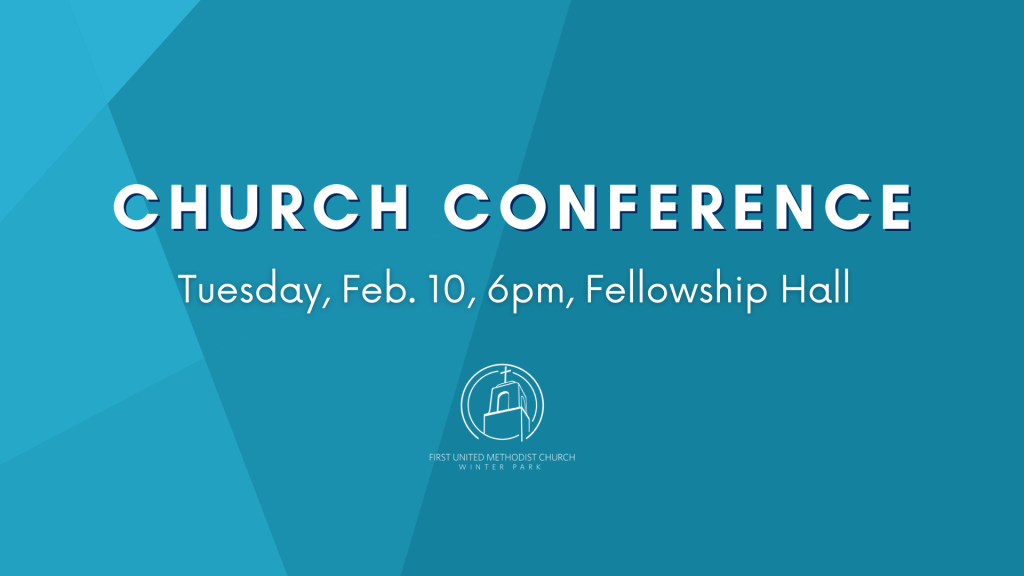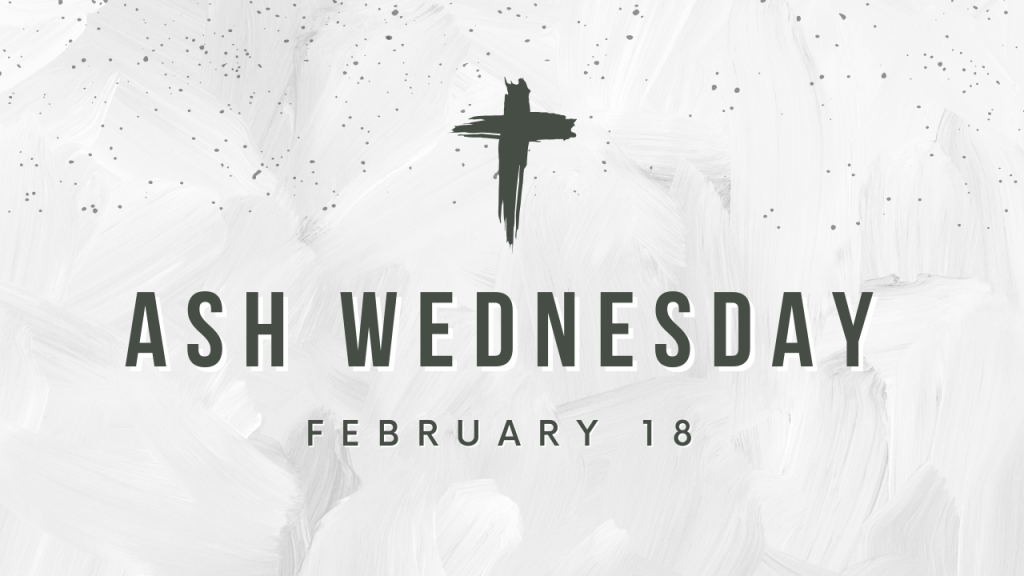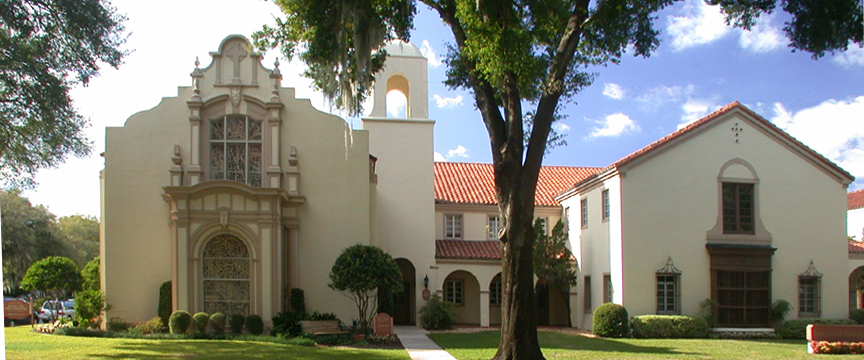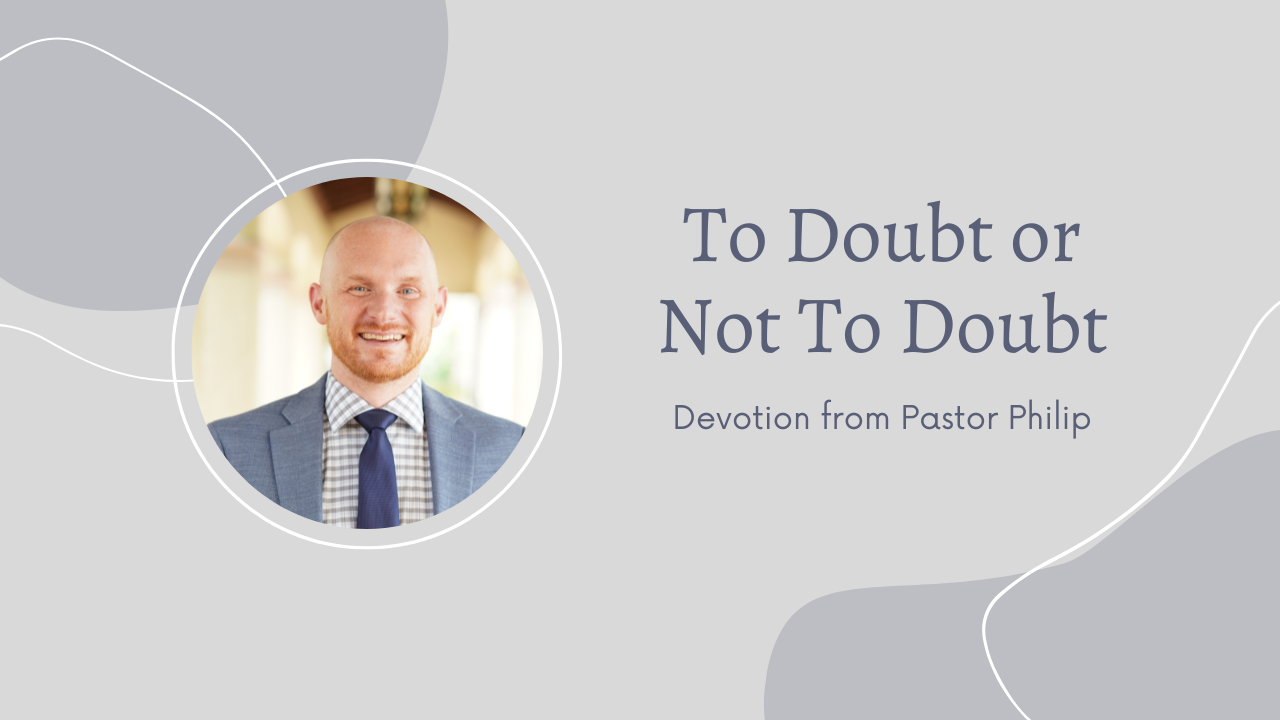I’ve encountered a popular theological view that suggests that to believe in God, one must trust the Bible completely and not question what it says or what God says. But what if you question God, faith, or even the scriptures? Does the first chapter of James truly instruct us not to doubt? A great article by Pete Enns sheds light on how doubt can play a part in the lives of Jesus’ followers and might provide some helpful perspective:
“I get a lot of great, honest questions from my students on almost a daily basis. Here is one from yesterday:
“How do you read James 1:6-7, particularly as it concerns doubting… it seems as though James is saying that those who doubt God’s power are like waves and whatnot. Is this a specific theology of the time, or is it really saying TO ME that I should never doubt?”
Here is what we read in James 1:6-7: But ask in faith, never doubting, for the one who doubts is like a wave of the sea, driven and tossed by the wind; for the doubter, being double-minded and unstable in every way, must not expect to receive anything from the Lord.
Well, that seems clear as crystal: doubt = bad. So I told this student, “Get with the program, pal. You can read the Bible just as well as I can, and you know that any shred of doubt makes God very, very, very angry. I hope you can live with yourself.”
Yes, everyone here thinks I’m hilarious.
I didn’t say that, of course, largely because I wrote this book The Sin of Certaintywhere I argue that doubt is normal, biblical, and spiritually beneficial. So here’s what I actually said.
First, different biblical authors have different perspectives. I don’t think we should read one author as canceling out another (like Job or some Psalms). It’s important, therefore, to try to understand not simply what James is saying but why he is saying it. Which brings us to…
Second, James is speaking in the context of “trials” and the “testing of your faith” (James 1:2-3) in what was thought to be the end of the age. Like other New Testament authors, James likely thought of Jesus’s resurrection as stage 1 of a 2-stage process that would come to completion soon. In that context of “suffering, though the time is near,” a tone of warning and “pull yourself together, man!” is the expected rhetoric.
That context, however, is not one that I or my student share. We have, rather, more in common in this sense with Old Testament authors for whom no end was in sight, which afforded plenty of opportunities to struggle with their faith (e.g., Lament Psalms, Job, Ecclesiastes, Lamentations). So, James is valuable (of course) but not for every context, and so doesn’t simply trump Qoheleth, Job, or a psalmist. Scripture is diverse and multivalent (which loops us back to the first point).
Third, the Greek word there translated as “doubt” does not mean what it has come to mean too often in our western rationalist society, namely intellectual uncertainty: some intellectual struggling/questioning brought on by life experiences, bouts with depression, personal tragedies, etc.
The Greek word is diakrinō and connotes (don’t worry, I looked this up) a “divided loyalty,” which, as we saw in #2, is a particularly pressing concern in James’s context. James seems to be saying something like, “Stay resolute in this time of great urgency. Believe in God. Do not get carried away by your circumstances.”
My student was asking me whether it was wrong to struggle with faith and have doubts. My answer is no.
That doesn’t mean you celebrate doubt or force it to appear. It just happens, and when it does, there are plenty of biblical moments to identify with.
By Pete Enns: This article was originally published on February 3, 2017.”
I have found it helpful to contemplate on the humility of Jesus. He was known for their patient, gentle, and humble nature rather than strict adherence to religious dogma or perfect knowledge. I am particularly inspired by the soldier who declared, “I believe, help my unbelief,” I aim to make this my continual prayer.
Grace and Peace,
Pastor Philip












